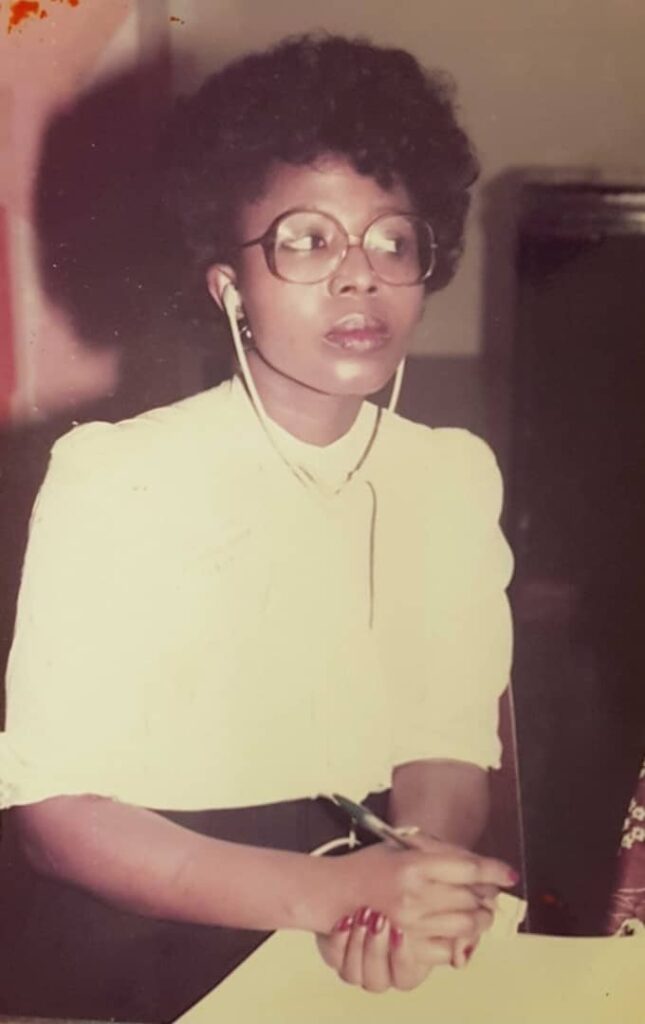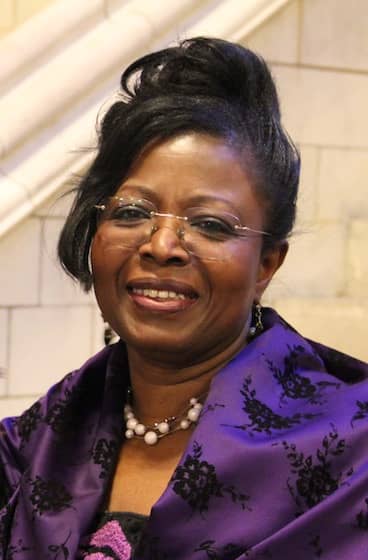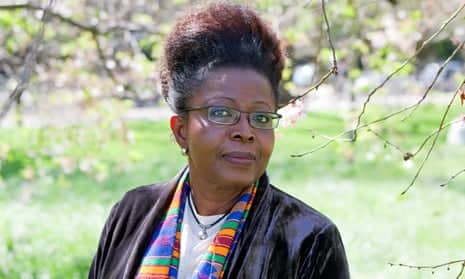To many, she was known simply as “Mama Efua,” but to the world, Efua Dorkenoo was the indomitable force behind the global movement to end Female Genital Mutilation (FGM).
Her voice, firm yet compassionate, echoed from hospitals in London to the halls of the United Nations, urging the world to confront a practice too long shrouded in silence.
Born in Cape Coast, Ghana, in 1949, Dorkenoo’s journey began in a large, lively household of eleven children. It was at Wesley Girls’ High School that her path toward advocacy quietly took shape. By the age of 19, she had moved to the UK to study nursing, an experience that would alter the course of her life. Working as a midwife, she witnessed the traumatic aftermath of FGM—pain, complications, and quiet suffering. She chose not to look away.

In 1983, she founded the Foundation for Women’s Health, Research and Development (FORWARD), a UK-based NGO aimed at supporting women affected by FGM and lobbying for its abolition. At a time when even acknowledging the practice was taboo in many circles, Dorkenoo’s work broke ground. She framed FGM not as a cultural issue, but a violation of human rights a stance that would influence legislation and international policy for decades.
Her work soon attracted the attention of the World Health Organization. Between 1995 and 2001, she served as their first technical expert on FGM, helping countries like Nigeria draft national strategies to combat the practice. Later, as Advocacy Director at Equality Now, she championed legal reform globally and played a key role in shaping the UK’s 1985 Prohibition of Female Circumcision Act.

But Dorkenoo was more than an activist, she was a scholar. In her seminal 1994 book Cutting the Rose: Female Genital Mutilation, she combined deeply personal stories with rigorous analysis. The book, later named one of Africa’s 100 Best Books of the 20th Century, remains a vital resource for activists and researchers alike.
Recognition followed. In 1994, she was appointed Officer of the Order of the British Empire (OBE). Nearly two decades later, the BBC listed her among their 100 Women of the Year. But despite global accolades, Dorkenoo remained grounded, often mentoring young activists and insisting that community voices lead the charge.
She passed away from cancer in 2014 at age 65, but her legacy is unmistakable. Today, more than 30 countries have laws banning FGM, and organizations worldwide continue to echo her rallying cry: end it, for good.
In a world still wrestling with gender-based violence, Dorkenoo’s story reminds us that change begins with one voice clear, insistent, and unafraid to speak truth to power.


